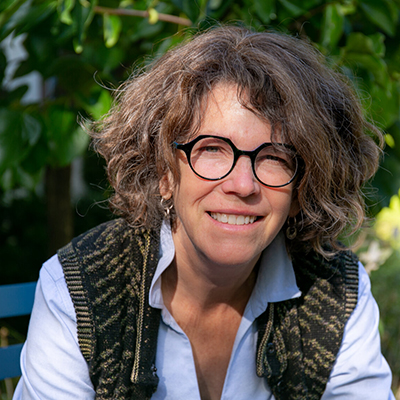Anthropologist Tanya Luhrmann argues that voices, or the sense of being called by another, are at the heart of the human experience. Our minds are deeply social—less interior inner universes and more like dinner parties with noisy guests. Religion is a way of using that social dimension to your advantage—crafting an inner coach who is not the self and who, by being other, manages the inner cacophony. There are other ways. Sometimes of course they go terribly wrong.
Join us for a discussion about what anthropology can say about how people use social practice to shape inner worlds and moral purpose.
Prefer to attend the event on Zoom? Click the below button.
Part of the symposium, Making Up Selves: The Operating Instructions.
Information for Attendees
- Visitor parking is available at the Central Grounds Garage, located at 400 Emmet Street. The hourly rate is $2.50.
Event Map
About the Speaker

Tanya Luhrmann
Tanya Marie Luhrmann is the Watkins University Professor in the Stanford Anthropology Department. She is a medical and psychological anthropologist, and also an anthropologist of religion. More recently she describes her work as an anthropology of mind. She sets out to understand the way people represent thought itself, and the way those culturally varied representations shape the most intimate experience of life itself. She asks how the world is made real for people, and how that realness shapes a person’s sense of capacity and purpose. She has done ethnography on the streets of Chicago with homeless and psychotic women, and worked with people who hear voices in Chennai, Accra and the South Bay. She has also done fieldwork with evangelical Christians who seek to hear God speak back, with Zoroastrians who set out to create a more mystical faith, and with people who practice magic.
She was elected to the American Academy of Arts and Sciences in 2003 and received a John Guggenheim Fellowship award in 2007. Her book, When God Talks Back: Understanding the American Evangelical Relationship With God (Vintage, 2012) was named a NYT Notable Book of the Year and a Kirkus Reviews Best Book of the Year. She is also the author of Our Most Troubling Madness: Schizophrenia and Culture (University of California Press, 2016) and How God Becomes Real: Kindling the Presence of Invisible Others (Princeton University Press, 2020).
Co-Sponsored by


